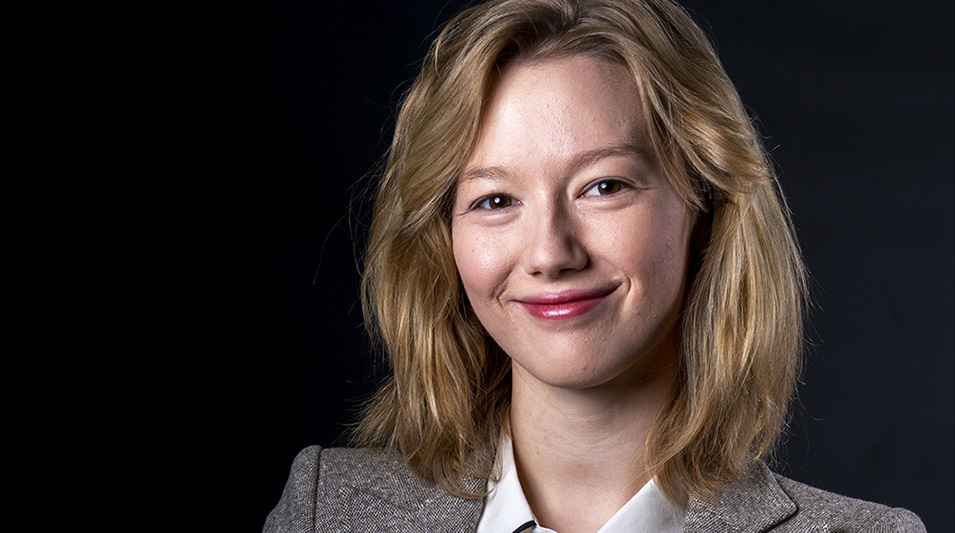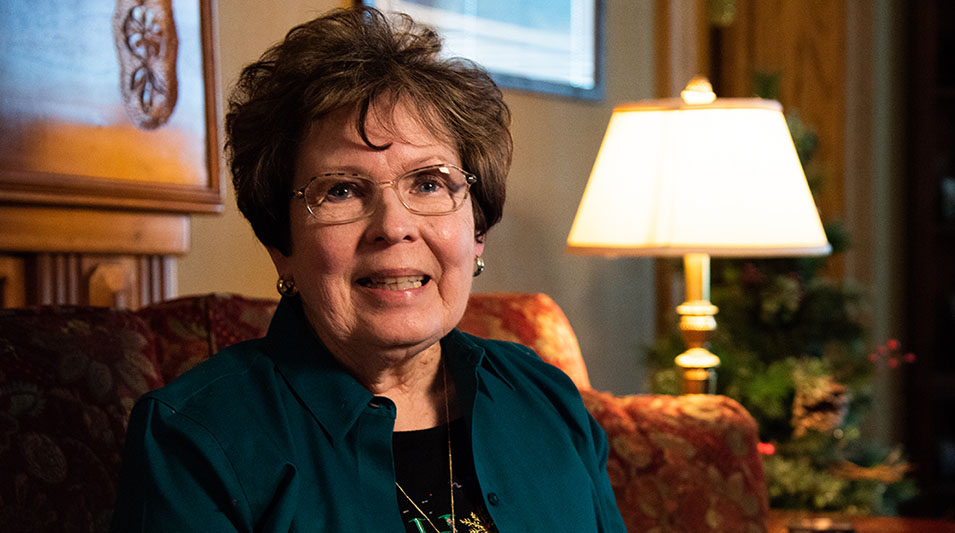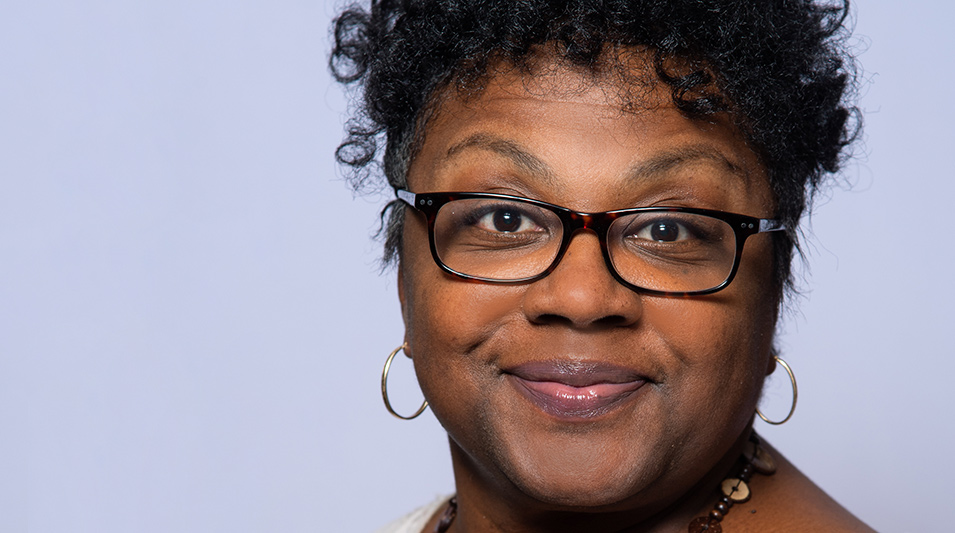Raised on a farm in north Alabama, Dr. Tommy Turner, dean of the JSU College of Education and Professional Studies, collects academic degrees like hipsters collect vinyl.
After graduating from Samford University with a double major in math and religious studies and a minor in chemistry, Turner became a high school math teacher. But soon he felt called to the ministry, where he would spend the next 25 years.
“There’s very little difference in the ministry and in teaching,” he said. “When you’re preaching in the church, it’s a teaching responsibility.”
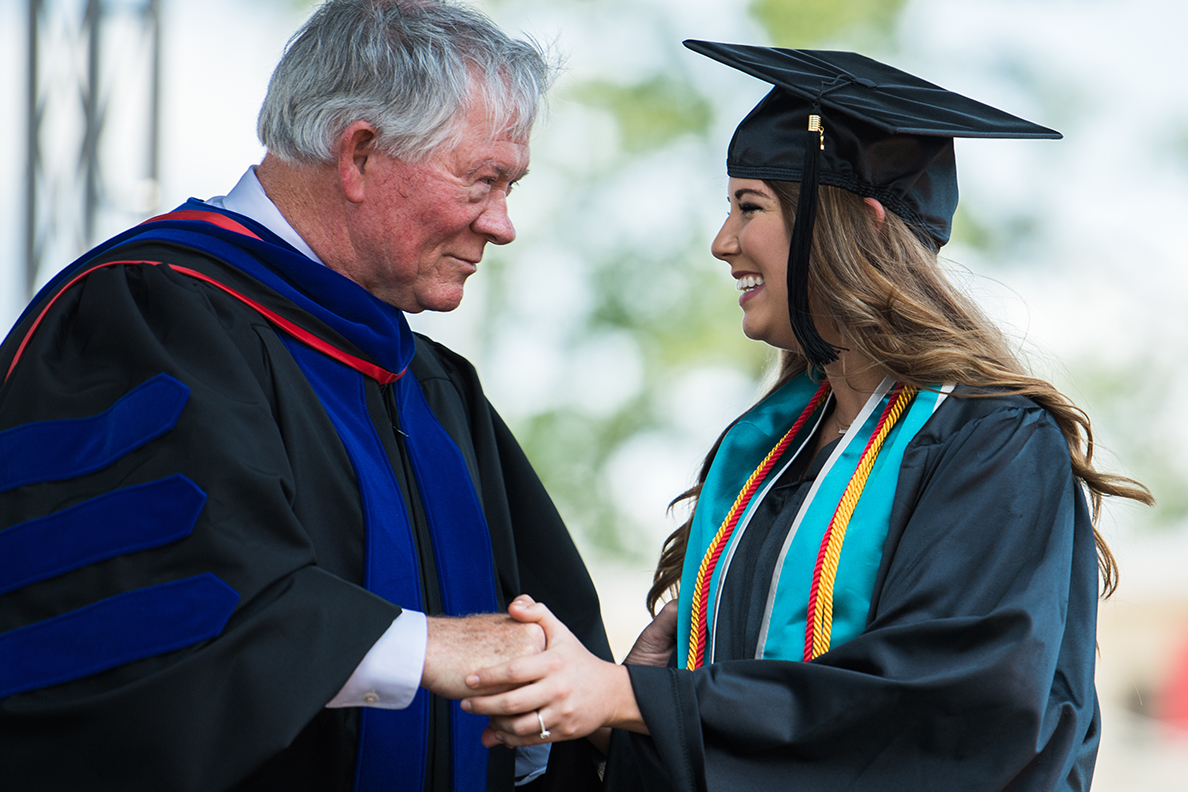 Dr. Tommy Turner congratulates a graduate during spring commencement exercises.
Dr. Tommy Turner congratulates a graduate during spring commencement exercises.
Even as a minister, Turner stayed in education, serving on the Pell City Board of Education and working as an adjunct professor at Central Alabama Community College, Samford University, New Orleans Seminary and the University of Alabama.
“I always kept my foot in the door,” he said. “I love education. I value it. I’m a life-long learner.”
Turner had never been to JSU, except to watch the occasional basketball game, until 2003. While on campus visiting an old friend, Dr. Marvin Jenkins, the conversation took an unexpected turn.
“He said, ‘We’ve got a job opening. Are you interested?’” Turner recalled. “I said, ‘I think I am’.”
Dr. Turner interviewed in early 2003 and by May he was teaching in counseling education, where he remained until 2010 when he was named head of the Department of Educational Resources, before becoming associate dean of the School of Education in 2014 and, finally, dean in December 2017.
By the time of that 2003 conversation, Dr. Turner had a master’s degree in religion and theology from Samford and a Master of Divinity from New Orleans Theological Seminary. He’d also completed a PhD in educational psychology with doctoral minors in community counseling and statistics at the University of Alabama.
As dean, Dr. Turner recognizes and appreciates the School of Education’s rich history without relying too heavily upon it.
JSU traces its beginnings to the establishment of the State Normal School in 1883, when it trained teachers and educated local children. In 1897, the Jacksonville Public School District was formed, with its schools serving as a training ground for Normal School students.
In 1929, the two-year Normal Schools of Alabama officially became four-year teachers’ colleges. That same year, Jacksonville sold its city school land and buildings to what would be known as the Jacksonville State Teachers College.
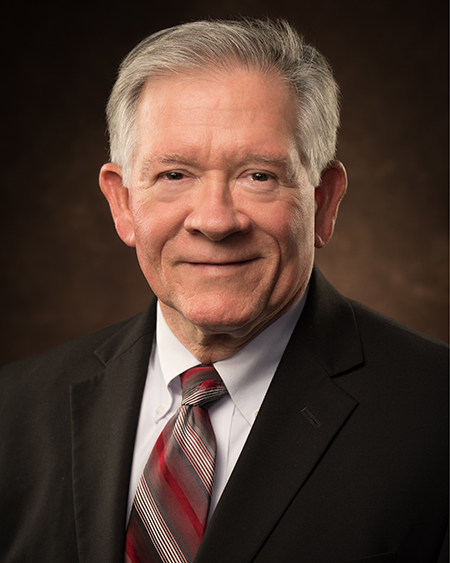
Dr. Tommy Turner
“We want to reach a world-class standard, which means raising the bar beyond Alabama."
In 1957, the name was changed to Jacksonville State College before finally becoming Jacksonville State University in 1966.
JSU’s legacy as a teachers’ college is a source of pride. However, having a rich history does not ensure a prosperous future.
“Everyone in this school, after they’ve been here only a short time – sometimes even during the interview process – recognizes that we have a legacy to preserve,” Turner said. “But we do not have laurels to rest upon because the face of education is changing rapidly, and the demands are different. We are proud of our legacy and intend to continue it.”
Today, the goal for JSU’s School of Education is simple – to produce the best, first-day-ready educators.
“Our teachers need to be equipped to go anywhere in the world – anywhere – and impact student learning positively."
“We want to reach a world-class standard, which means raising the bar beyond Alabama,” Turner said. “Our teachers need to be equipped to go anywhere in the world – anywhere – and impact student learning positively. That’s our goal, and it’s connected to the legacy that began here.”
The School of Education has no shortage of statistics proving the readiness of its graduates. But to Dr. Turner and his staff, only one stat matters – the school’s 96 percent pass rate on the high-stakes Teacher Performance Assessment (edTPA). Of the almost 300 students who presented their edTPA portfolio for national scoring since the fall of 2018, 96 percent passed on their first effort.
“That’s the only stat I’d give – a 96 percent pass rate,” Dr. Turner said. “And it was our first time.”
Developed by the Stanford Center for Assessment, Learning and Equity in 2009, edTPA measures a teacher-candidates’ abilities in planning, instruction and assessment, along with the ability to differentiate different student needs. It requires students to submit a portfolio of materials for review, including a series of lesson plans, a video of themselves teaching and written analysis of their instructional practice.
As of September 1, 2018, Alabama – along with 39 other states – approved edTPA as an assessment option for candidates seeking initial teaching certification. All new teachers in Alabama since Fall 2018 must pass this nationally-scored assessment.
“I’m very happy about 96 percent,” Dr. Turner said. “I think that’ll stand up against any university anywhere. That 96 percent puts on track for achieving that goal of a world-class standard. The ultimate benefit will accrue to the children whom our graduates will teach.”
Whether leading educators or parishioners, Dr. Tommy Turner has dedicated his life to helping others.
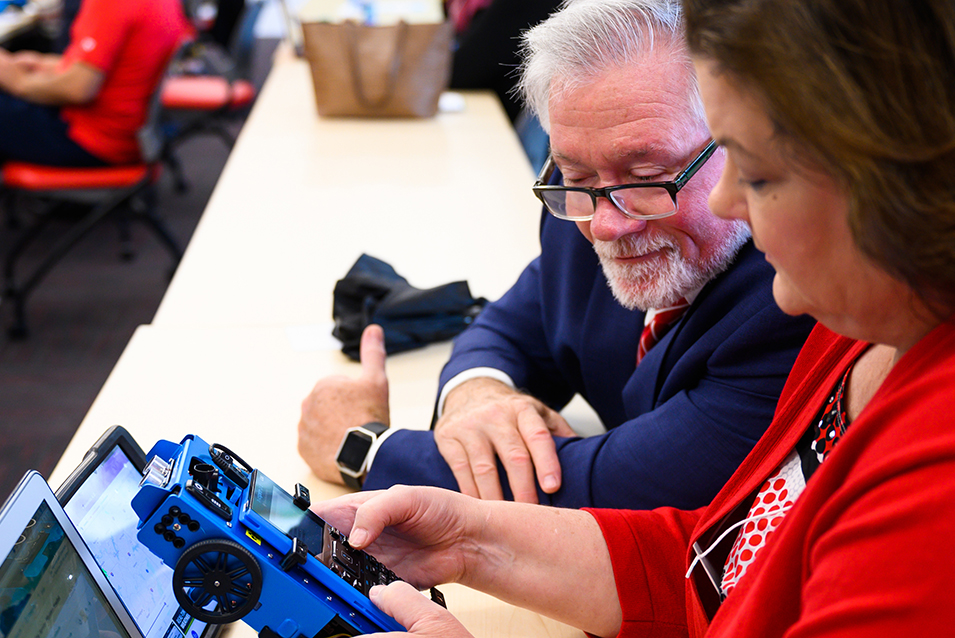
Dr. Tommy Turner checks out a robotic device with Dr. Gretchen Richards at a campus CORE teacher workshop.





